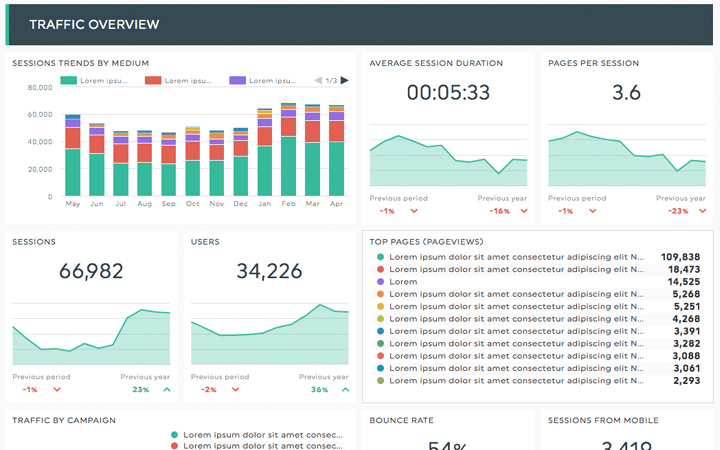What is SEO traffic?
SEO traffic tracks how many visitors visit your website and how they get there. It breaks down how many people arrived at your site through organic search versus paid search. Organic traffic represents visitors who arrive at your site by clicking on your web pages through Google search results, via your social media, email campaigns, podcasts, and more. Paid traffic, aka pay-per-click (PPC), represents visitors who click on ads in order to arrive at your webpage. While it can be challenging to interpret the raw numbers and understand how to assess them, it is most valuable to analyze your SEO traffic metrics against your overall goals and company strategy.
Conducting an SEO audit is crucial. Factors like backlinks, relevant content, on-page SEO, keyword research, internal links, the meta description (the snippet of info describing the site), and more affect a website’s ranking factor and, therefore, its organic traffic performance. Typically, a web page on the first page of the Google search results will see better organic search traffic results than pages listed later in the queue.






